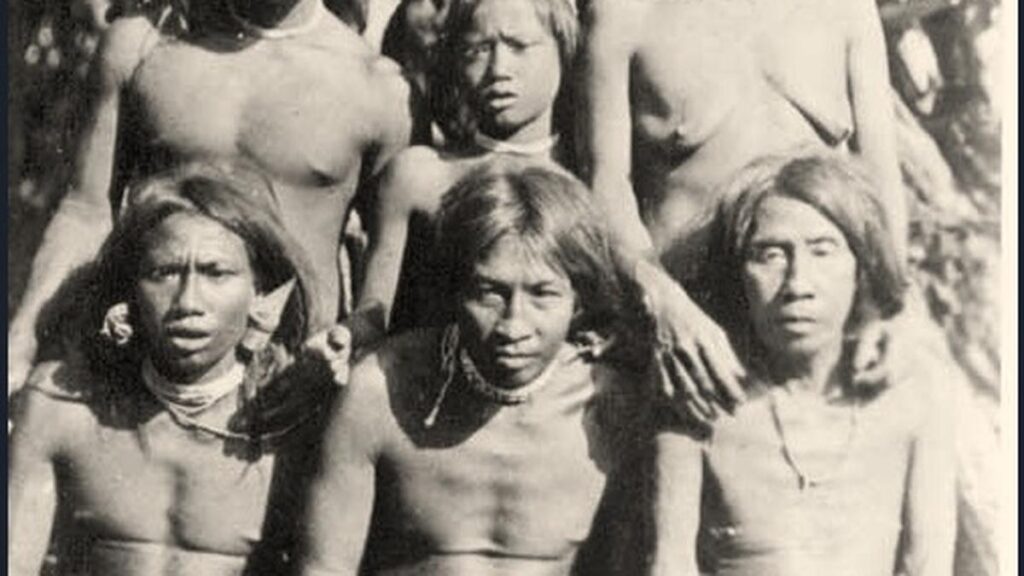
The Central government’s plans in the Nicobar Islands, especially land taken over for deforestation, will affect the native Shompen tribe, which needs forests for its livelihood.
| Photo Credit: Public domain
The famous tree crusader and tree lover Shri ‘Vanajeevi’ Ramaiah who passed away last month was a firm believer that trees are vital for our lives. This Padma Shri awardee planted over 1 crore saplings across Telangana, thus making us live in unison with nature. But the current dispute between the Telangana State government and the University of Hyderabad about the area of Kancha Gachibowli would have disappointed Ramaiah. While the University wants the land as a green forested area, as a reservoir for 700 varieties of plant species, 200 varieties of birds, and 10-20 different mammals to be preserved as nature’s gift, the State government wants this area for technology parks and related purposes. The ‘fight’ has reached the Supreme Court, and we await its decision.
Unfortunately, several other States across India face the same predicament, with land being used for hi-tech cities, pharmaceutical zones, highways, fast trains, and airports. While all these are needed for the public good, the question is: should these be at the cost of losing greenery, flowery plants, and tribal people who subsist on these? Will this not be a betrayal of what Vanajeevi Ramaiah stood for?
We use the term ‘betrayal’ drawing from the perspective of Professor Pankaj Sekhsaria, who has over three decades of experience on the Nicobar Islands, examining environmental and wildlife conservation alongside the intricate connections between society, environment, science, and technology. He has curated a book called ‘The Great Nicobar Betrayal’, chronicling how the Central government has proposed to use the Nicobar Islands for several purposes: a trans-shipment facility at the Galathea Bay for access across the sea, building an international airport, and a power plant for electricity. In addition, a greenfield township is planned for increasing the population from the current 8,000 natives to about 3.5 lakh, by inviting people from mainland India to come and stay as citizens for these projects and to visit for holidays.
The book has raised several important issues concerning the ecological splendour, with over 2,000 species of fauna and 811 species of flora in the islands, plus the future of the native people. All of these will be affected by the ‘development’ planned by the Central government. Furthermore, as the land is taken over for deforestation, the fate of the native Nicobarese tribe, particularly the vulnerable tribal group Shompen (see picture), which needs forests for livelihood, will be affected. Also, the giant leatherback turtles, found every season in the seacoast, will be in danger when the seacoast is taken over for development. The Ministry of Tribal Affairs is yet to answer this query.
But, in January 2023, a group of former civil servants had written to the President of India, pointing out how the Indian government is out to destroy the pristine habitat, which is home to various rare and endemic species. They further pointed out how the government will ‘compensate’ this loss by planting forests in Haryana, 2,600 km away from Nicobar!
India has, among the 200 countries across the globe, signed the Convention for Biological Diversity, which will ‘reduce to near zero the loss of areas of high biodiversity importance, including ecosystems of high ecological integrity’. And, as the ex-civil servants have requested, the President and the Government of India should immediately stop the commencement of destructive projects in Great Nicobar.
For interested readers, the book ‘The Great Nicobar Betrayal’ is available from Amazon and The Hindu Bookstore: https://publications.thehindugroup.com/bookstore.
Published – May 04, 2025 06:00 am IST

